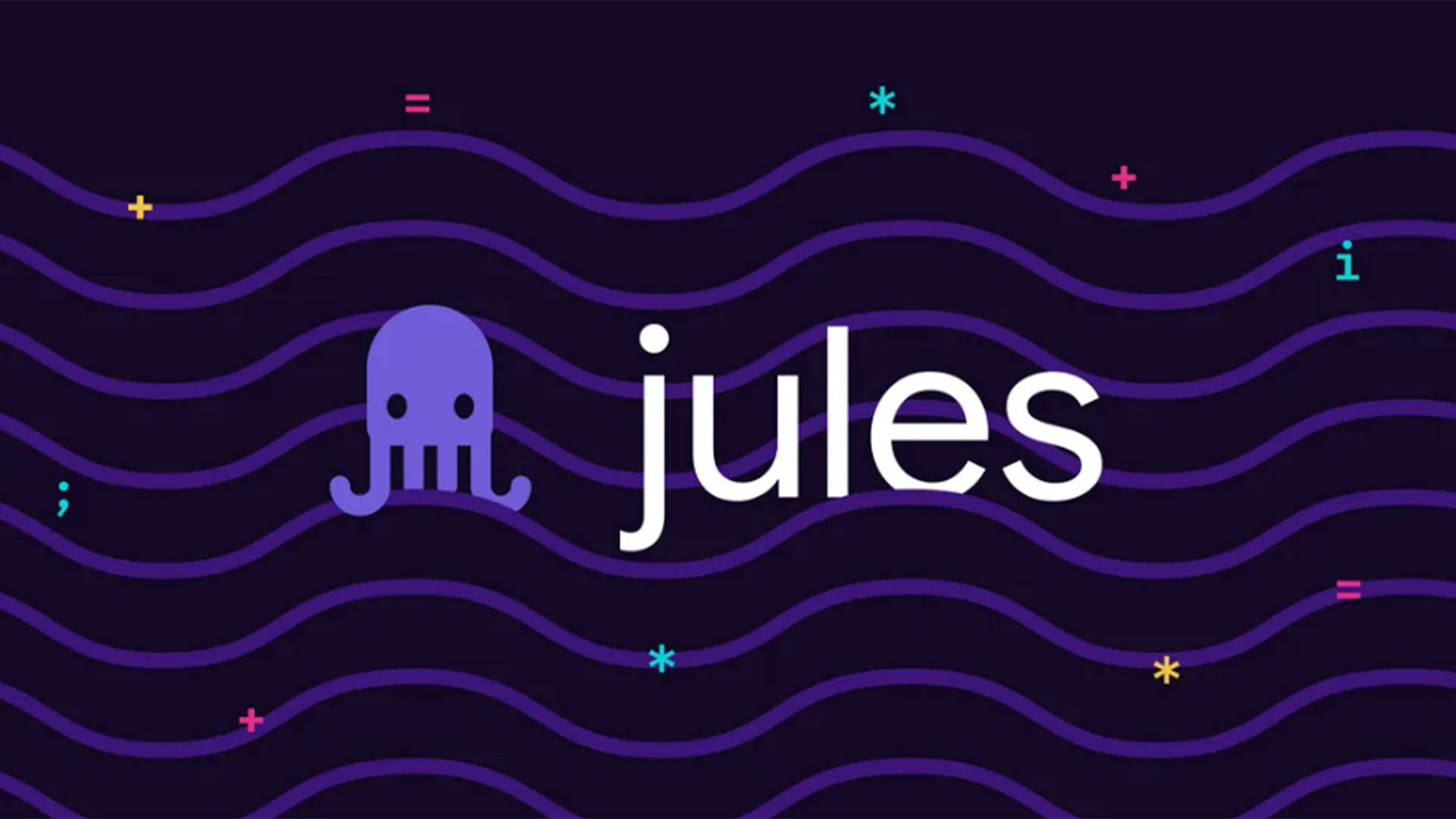
"Jules is intended as an 'asynchronous' coding agent, capable of working in the background alongside developers to write coding tests, fix bugs, and apply version updates across code. Users working with the agent can delegate complex coding tasks based on project goals, marking a contrast to manually-operated vibe coding models and AI coding assistants such as GitHub Copilot or Google Code Assist."
"As a safety precaution, Jules does not make permanent changes to code before a human has manually approved its decisions - an issue that has caused serious problems for vibe coding users in recent weeks. When its outputs are completed, Jules presents them as a pull request to the relevant developer, with a breakdown showing its reasoning for the changes it made and the difference between the code in its existing branch and its own proposed code."
"Jules is powered by Gemini 2.5 Pro, Google's flagship LLM which is capable of 'reasoning' through complex problems before acting. Boasting a one million token context window, Jules is capable of using large swathes of an organization's existing code for context. Google has stated that Jules runs privately by default and is not trained on the private code to which it's exposed."
Jules operates as an asynchronous coding agent that clones an organization's repositories to a Google Cloud VM and makes code changes based on user prompts. Jules proposes changes as pull requests that include reasoning and diffs, and requires human approval before making permanent changes. Jules is powered by Gemini 2.5 Pro with a one million token context window and runs privately by default without training on exposed private code. The free tier limits users to 15 tasks per day and three concurrent tasks, while Google AI Ultra for enterprises offers 300 daily tasks and 60 concurrent tasks.
Read at IT Pro
Unable to calculate read time
Collection
[
|
...
]